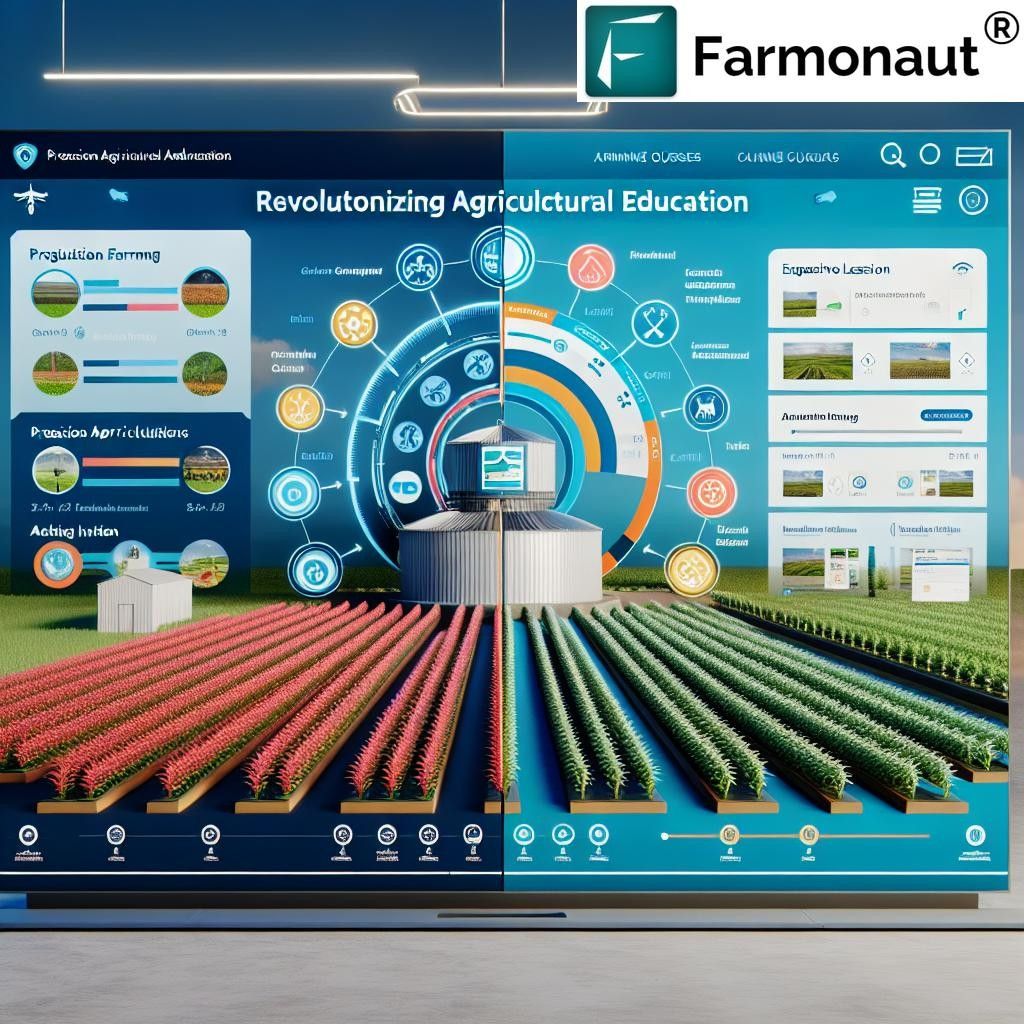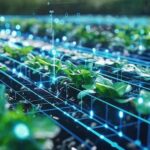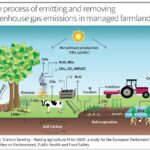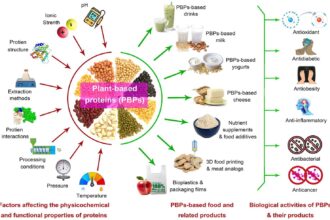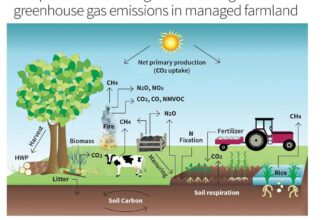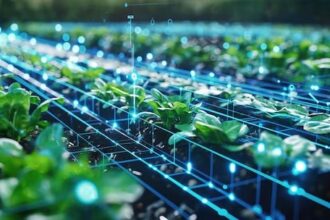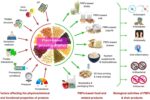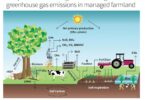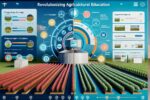Introduction
Agriculture has always been the backbone of human civilization. From the first seeds planted in Mesopotamia to today’s smart farms powered by artificial intelligence, farming has evolved drastically. Yet, one factor has remained consistent: knowledge drives agricultural progress.
Traditionally, farmers learned from their ancestors, local communities, or government agricultural extension services. However, with the global population projected to reach 9.7 billion by 2050 (United Nations), food demand is set to rise by 60%, putting immense pressure on farmers worldwide. Meeting this challenge requires not only modern tools and machinery but also education tailored to agriculture in the digital age.
This is where agri-education and e-learning step in. By merging technology with knowledge sharing, farmers, students, and agri-professionals can now access information anytime, anywhere. From mobile apps that explain soil health to online certification courses on hydroponics, digital learning platforms are transforming how agriculture knowledge is delivered and absorbed.
In this blog, we’ll explore the evolution, benefits, challenges, technologies, and future of agri-education & e-learning. We’ll also look at inspiring global case studies, practical tools farmers can start using today, and how governments, NGOs, and startups are reshaping agricultural education.
🌱 The Evolution of Agricultural Education
📜 Traditional Agricultural Education
Historically, agricultural knowledge was passed down through oral traditions and hands-on practice. Farmers learned by working in fields, experimenting with crops, and observing nature. Later, with the establishment of agricultural universities, vocational training centers, and government extension programs, structured education in farming became accessible.
Institutions like:
- Cornell University’s College of Agriculture and Life Sciences (USA)
- Indian Agricultural Research Institute (IARI, India)
- Wageningen University (Netherlands)
have played major roles in shaping agricultural education globally.
⚠️ Limitations of Conventional Learning
While traditional systems laid the foundation, they also faced serious limitations:
- Geographical barriers: Farmers in rural areas often couldn’t access colleges or extension centers.
- High costs: Formal education in agriculture was (and still is) expensive.
- Slow updates: By the time new research reached farmers, it was often outdated.
- Language gaps: Educational resources were often not available in local languages.
This left millions of smallholder farmers—especially in Asia and Africa—without access to crucial modern farming knowledge.
💻 Rise of Digital Platforms
The digital revolution changed everything. The spread of smartphones, affordable internet, and online education platforms like Coursera, Udemy, and YouTube enabled farmers and agri-students to learn remotely.
In India alone, over 75% of farmers now own a smartphone (NABARD 2023 report), opening new doors for e-learning apps like:
- Kisan Suvidha (India)
- Digital Green (global)
- Farmers’ World Network (Africa)
This shift has made knowledge more democratic, accessible, and cost-effective.
🌍 What is Agri-Education & E-Learning?
Agri-education & e-learning combine traditional agricultural knowledge with digital delivery methods to make learning flexible, affordable, and practical.
✅ Definition & Scope
- Agri-education: Teaching and learning in agriculture, including crop science, animal husbandry, agri-business, food technology, and rural development.
- E-learning: Use of digital technologies (internet, apps, virtual classrooms, VR, AI tutors) to deliver education remotely.
When combined, Agri-Education & E-Learning aims to empower:
- Farmers with updated practices
- Students with career-ready skills
- Policy makers with better insights
- Communities with sustainable farming methods
🎯 Core Objectives
- Capacity building – Equipping farmers with the latest knowledge.
- Rural empowerment – Breaking barriers of geography and literacy.
- Food security – Training the next generation to feed the world sustainably.
- Digital literacy – Bridging the rural-urban knowledge divide.
📚 Types of Agri E-Learning Platforms
- MOOCs (Massive Open Online Courses): e.g., FutureLearn’s Sustainable Agriculture course.
- Mobile apps: Weather alerts, soil testing guides, pest management tips.
- Online certifications: Short-term specialized programs in hydroponics, organic farming, or drone usage.
- Virtual reality (VR) & AR training: Simulated farm environments for practical skills.
- YouTube & social media: Free video tutorials for millions of farmers worldwide.

